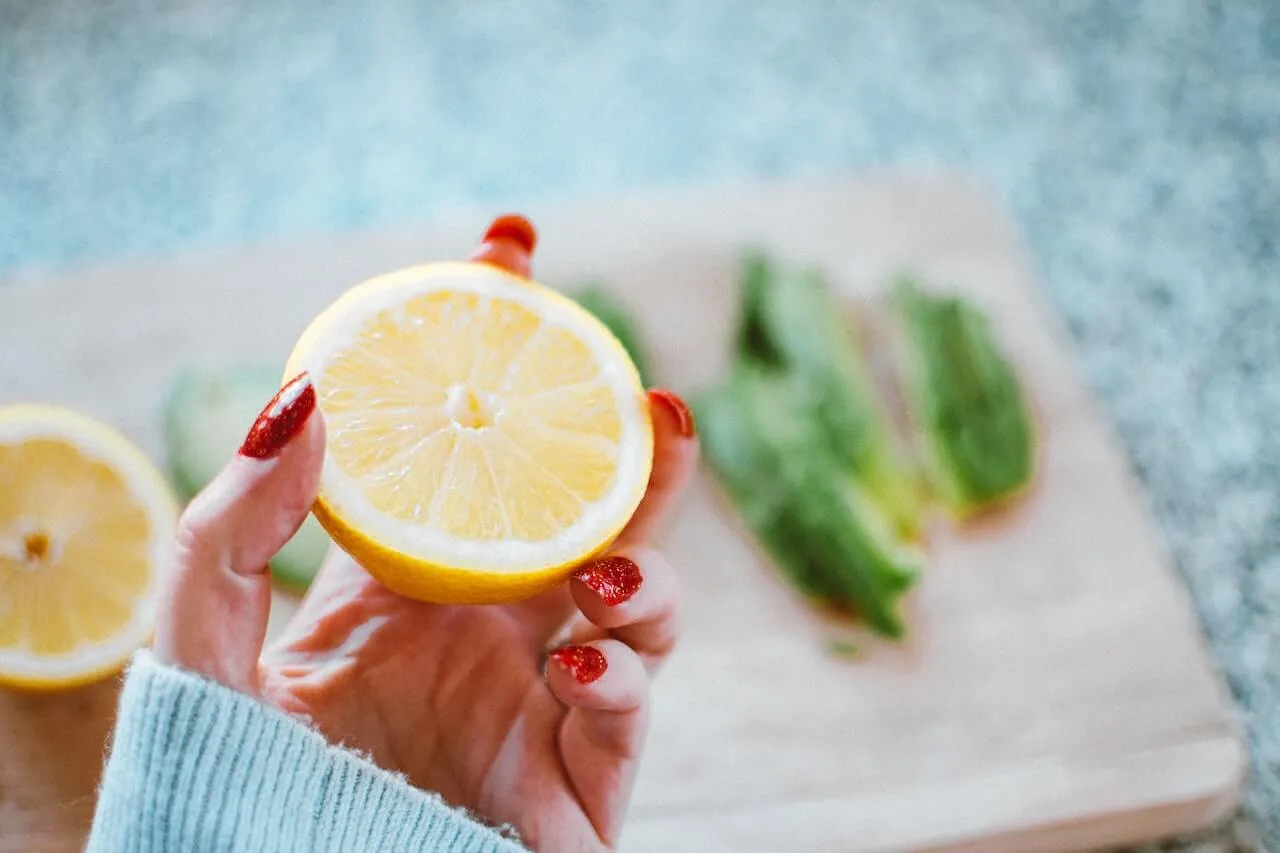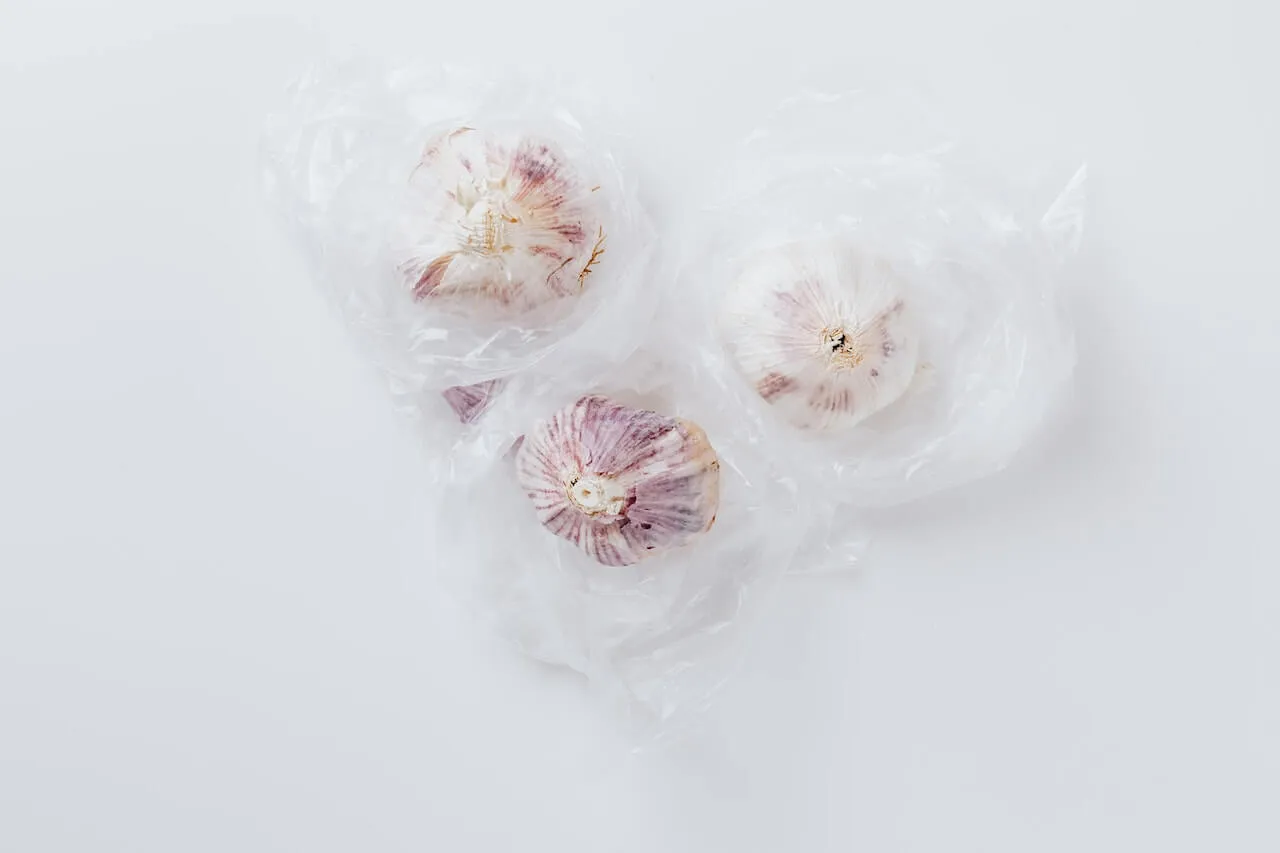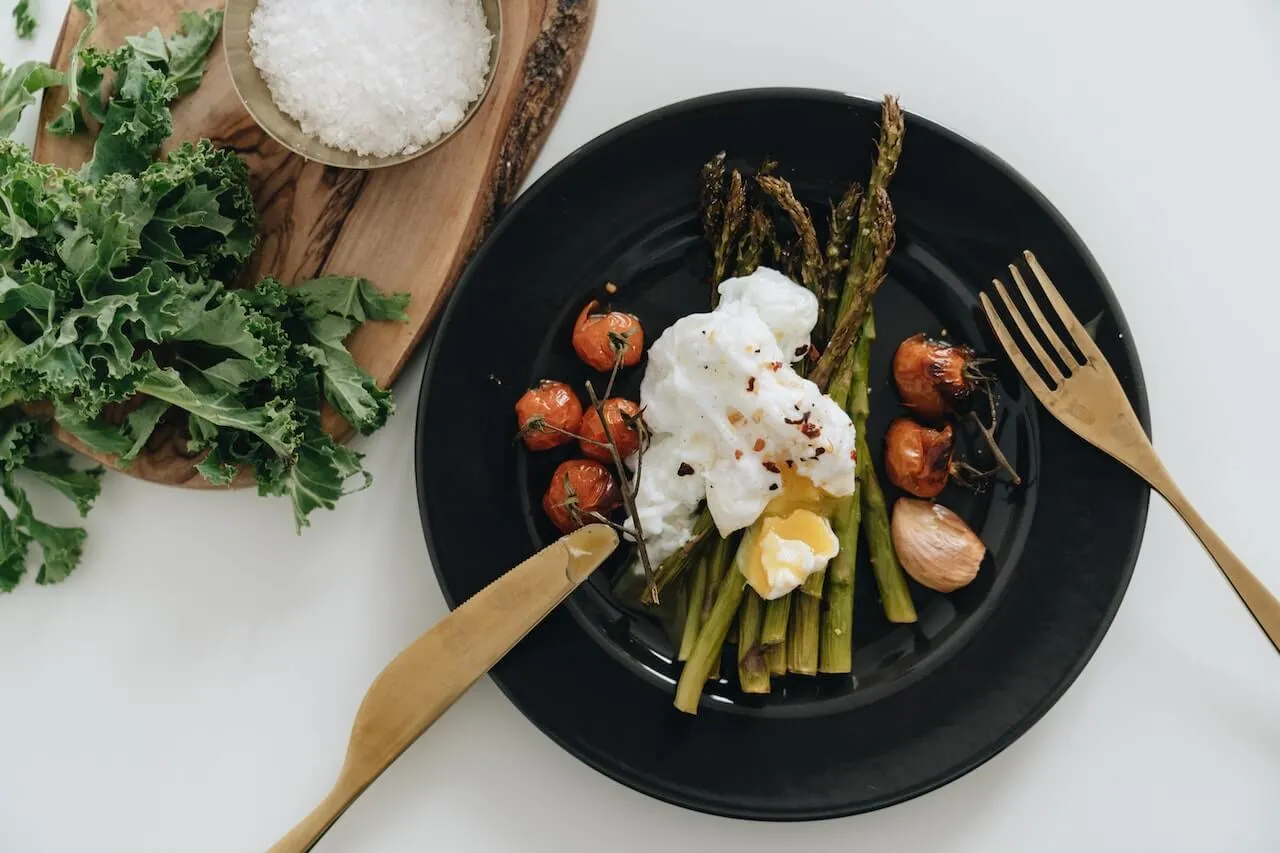The food you eat provides you with energy and supports your immune system. While nutrition always plays a critical role in health, it’s never more important than when you’re sick and have a fever.
A common cold is often accompanied by a fever, the immune system’s response to a pathogen (bacteria, virus, or other microorganism). A fever happens when messengers trigger your brain’s hypothalamus, the area that acts as your internal thermostat, to raise your core body temperature,
You should always visit a healthcare provider if your fever lasts or cold symptoms worsen, but nourishing your body with essential nutrients can directly impact your immune system, reducing the severity and duration of many infections.
Here are the top foods to eat when you have a fever to help your body fight infections.
{{mid-cta}}
Chicken Soup
Your mom was right; chicken soup really is good for a cold! This comfort food is a good source of vitamin A and zinc. It’s also packed with healthy protein, fluids, and electrolytes, which can help prevent dehydration due to diarrhea, vomiting, sweating, or fever.
Eating hot soup can also help reduce a stuffy nose, thin mucus, and soothe a sore throat. Aim for one to two cups daily when you’re under the weather.
Fruit

Fruit is one of the best foods you can reach for when you’re sick. Loaded with vitamins, antioxidants, and disease-fighting polyphenols, fruit can satisfy your sweet tooth and support your immune system. Items like berries or citrus fruits are the best choice when under the weather, as they have high levels of antioxidants and vitamin C. If you have nausea, vomiting, or diarrhea, your dietitian may recommend applesauce as part of a BRAT diet (bananas, rice, applesauce, toast) to help. Aim for unsweetened options and skip fruit juice.
Greek Yogurt
Many people have been warned to avoid dairy products when sick. However, despite the myths, research does not support the idea that dairy affects mucus production.
Good health starts in your gut (this is where most immune cells are located!), so foods containing probiotics, like yogurt, help support your immune system. Studies have shown probiotics can not only prevent colds but also help you recover faster when you get one. In addition to probiotics, Greek yogurt is also a great source of protein, which gives your body the amino acid building blocks it needs to fight off infections.1, 2
Ginger
Ginger is a true superfood for your immune system. It has powerful antiviral and antibacterial properties and can also reduce inflammation, which contributes to flu symptoms. If you feel a cold coming on, try incorporating ginger shots or ginger tea into your routine.3
Ginger can also relieve an upset stomach, although some may notice carbonated options like ginger ale may worsen gas, bloating, and diarrhea. Focus instead on consuming the more concentrated forms of ginger noted above.
Garlic

Garlic not only keeps vampires at bay but also wards off viruses and bacteria! Garlic’s antiviral and antibacterial effects can prevent you from getting sick and speed up your recovery time. One study with 146 people found that participants who took a garlic-based supplement had 70% fewer sick days than the placebo group.4
Garlic can also stimulate immune cells like macrophages, lymphocytes, and natural killer (NK) cells, making it easier for the body to fight infections. It makes a great addition to any savory dish (especially chicken soup!).
Honey
Honey has anti-inflammatory, antimicrobial, and antioxidant effects on the body, making it an ideal food to reach for when you’re sick. Honey is also rich in nutrients like folate, potassium, and zinc, and it’s been shown to support healthy blood glucose levels.5
Dark Leafy Greens
Getting your greens in is more important than ever when you're sick. Dark leafy green vegetables like kale, arugula, and spinach are great sources of vitamin A (which helps regulate immune cells) and are also loaded with fiber. High-fiber foods are good for the digestive system and specifically beneficial for gut-associated lymphoid tissues (or GALT), which make up the body’s first line of defense when it comes to fighting off infection.6, 7
<div class="pro-tip"><strong>Also Read: </strong><a href=best-foods-for-flu>10 Best Foods for Flu: What to Eat and Avoid</a></a>.</div>
Herbal Teas
Like hot soup, consuming beverages like hot tea can help relieve nasal congestion. Additionally, teas like ginger and turmeric have antiviral, antioxidant, and anti-inflammatory effects on the body. Tea is also high in compounds called flavonoids, which significantly affect the immune system and our overall health.8
Water
Your body is made up of about 60% water, and your immune system requires you to be well-hydrated to function properly. Water helps you properly absorb immune-boosting nutrients, supports mucus membranes that protect you from pathogens, and is an important component of your lymphatic fluid, which removes toxins, bacteria, and viruses. The recommended amount of water you should drink daily will vary depending on your weight and activity level, but aim for at least seven eight-ounce glasses for proper hydration.9
Coconut Water
Hate the taste of plain water? Try drinking coconut water, which is also rich in potassium, an electrolyte that helps maintain fluid balance and supports proper muscle function. During a fever, your body loses fluids and essential minerals through sweating, increasing the need for rehydration. Coconut water is a good alternative to sugary sports drinks. Choose a brand that does not contain added sugars and is 100% coconut water for the best results.
Oatmeal
Oatmeal can be a comforting option when you’re sick or running a fever. Easy on the stomach and simple to digest, oatmeal provides a steady release of energy from its complex carbohydrates. Warm oatmeal can soothe a sore throat and is gentle enough if your appetite is low. Pair it with honey for added immunity-boosting benefits.
Avocados
Avocados contain healthy fats and fiber to support gut health and sustained energy. They also contain vitamin E, a nutrient found in higher concentrations in immune cells than in any other cells in the body. Vitamin E controls how immune cells communicate and divide, reducing your risk of infection and enhancing your immune function when sick.10
Spicy Food
You may want to skip this one if you have a sore throat, but some spicy foods can actually help when you're sick. Capsaicin, the compound responsible for the heat in chili peppers, may act as a natural decongestant, helping to clear your runny nose. However, spicy foods might irritate your stomach or aggravate symptoms like nausea for some people, so listen to your body and choose bland foods instead.
Salmon
Salmon is easy to digest and rich in high-quality protein, which supports the production of antibodies and immune cells, helping your body fight off infections more effectively. It’s also one of the best dietary sources of omega-3 fatty acids, which have anti-inflammatory properties that can reduce inflammation and enhance the function of immune cells.11
Using a CGM with Signos: Real-Time Data, Backed by AI
Signos pairs a real-time glucose biosensor with AI trained on tens of millions of data points to deliver personalized, science-backed guidance for weight management and health. See exactly how your body responds, and take action.
Learn how it works. Ready to get started? Join now.
<div class="pro-tip"><strong>Learn More: </strong><a href=exercise-while-sick>Is It Safe to Exercise While Sick? Everything You Need to Know</a>.</div>
Topics discussed in this article:
References
- King, S. R. B., Glanville, J., Sanders, M. E., Fitzgerald, A., & Varley, D. (2014). Effectiveness of probiotics on the duration of illness in healthy children and adults who develop common acute respiratory infectious conditions: a systematic review and meta-analysis. British Journal of Nutrition, 112(1), 41–54. https://doi.org/10.1017/s0007114514000075
- Powanda, M. C., & Beisel, W. R. (2003). Metabolic Effects of Infection on Protein and Energy Status. Journal of Nutrition, 133(1), 322S-327S. https://doi.org/10.1093/jn/133.1.322s
- Mashhadi NS, Ghiasvand R, Askari G, Hariri M, Darvishi L, Mofid MR. Anti-oxidative and anti-inflammatory effects of ginger in health and physical activity: review of current evidence. International Journal of Preventive Medicine. 2013 Apr;4(Suppl 1):S36-42. PMID: 23717767; PMCID: PMC3665023.
- Lissiman, E., Bhasale, A., & Cohen, M. (2014). Garlic for the common cold. The Cochrane Library, 2020(9). https://doi.org/10.1002/14651858.cd006206.pub4
- Ajibola, A., Chamunorwa, J. P., & Erlwanger, K. H. (2012). Nutraceutical values of natural honey and its contribution to human health and wealth. Nutrition & metabolism, 9, 61. https://doi.org/10.1186/1743-7075-9-61
- The Functional Medicine Approach to COVID-19: Virus-Specific Nutraceutical and Botanical Agents. (2022, September 21). The Institute for Functional Medicine. https://www.ifm.org/news-insights/the-functional-medicine-approach-to-covid-19-virus-specific-nutraceutical-and-botanical-agents/
- Takiishi, T., Fenero, C. I. M., & Câmara, N. O. S. (2017). Intestinal barrier and gut microbiota: Shaping our immune responses throughout life. Tissue barriers, 5(4), e1373208. https://doi.org/10.1080/21688370.2017.1373208
- Pérez-Cano, F. J., & Castell, M. (2016). Flavonoids, Inflammation and Immune System. Nutrients, 8(10), 659. https://doi.org/10.3390/nu8100659
- Sato, K., Hara-Chikuma, M., Yasui, M., Inoue, J., & Kim, Y. G. (2024). Sufficient water intake maintains the gut microbiota and immune homeostasis and promotes pathogen elimination. iScience, 27(6), 109903. https://doi.org/10.1016/j.isci.2024.109903
- Lewis ED, Meydani SN, Wu D. Regulatory role of vitamin E in the immune system and inflammation. IUBMB Life. 2019 Apr;71(4):487-494. doi: 10.1002/iub.1976. Epub 2018 Nov 30. PMID: 30501009; PMCID: PMC7011499.
- Gutiérrez, S., Svahn, S. L., & Johansson, M. E. (2019). Effects of Omega-3 Fatty Acids on Immune Cells. International journal of molecular sciences, 20(20), 5028. https://doi.org/10.3390/ijms20205028




.svg)








.webp)

.svg)
.svg)
.svg)
.svg)
.svg)
.svg)
.svg)
